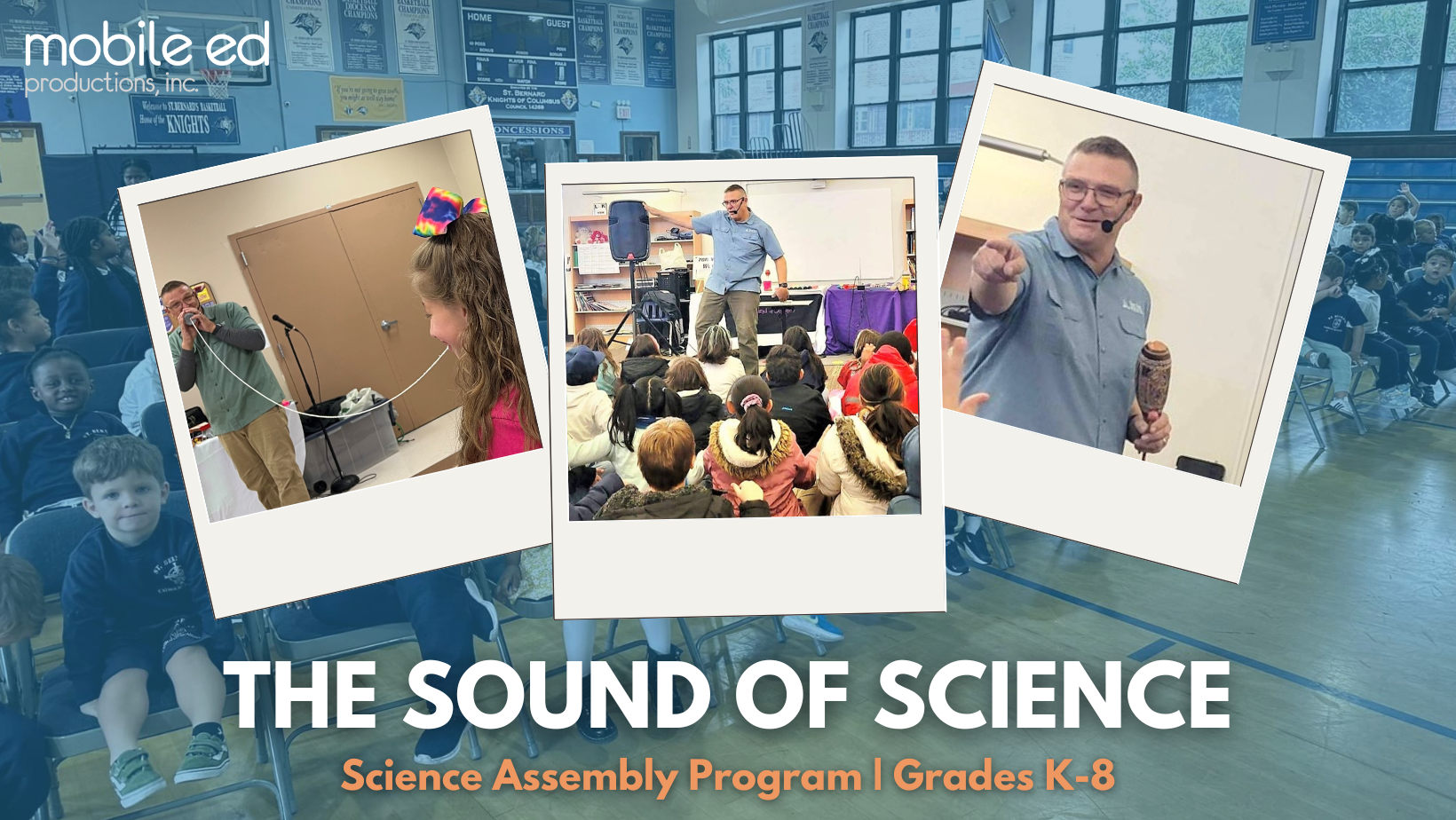
In today’s fast-paced, tech-savvy world, students are engaging with content in more ways than ever before. One powerful yet often underutilized tool in the classroom is the podcast. Once associated mostly with adults and entertainment, podcasts are now finding their way into classrooms as flexible, creative learning tools that meet students where they are. Even teachers with limited time or technical experience can use podcasts to reinforce key concepts, support auditory learners, and make studying more engaging. Let’s explore how podcasts can assist student learning and how you can start using them effectively with your elementary students today.
The Rise of the Educational Podcast
Podcasts are digital audio episodes that students can listen to on demand. They’re portable, accessible from most devices, and can help accommodate different learning styles. The format introduces students to audio-based entertainment that can help alleviate the fatigue of screen time, as well as help develop listening skills and even enhance concentration. Older students might subscribe to educational podcasts that explore current events, science, or literature. But younger students can benefit too, especially when the podcast content is tailored to the topics they’re studying in school. There are a multitude of professionally produced and teacher-approved educational podcasts for kids, designed to capture and maintain a child's attention by incorporating music, fun sound effects, and casting upbeat presenters.
Why Podcasts Work for Students
Here are some reasons why podcasts can be powerful learning tools in the classroom:
-
- They engage auditory learners. Not all students absorb information best through reading or visual aids. Podcasts give auditory learners a better chance to connect with the material.
- They support repetition and review. Students can listen multiple times, which reinforces key concepts—especially helpful for test preparation.
- They make learning mobile. Whether at home, in the car, or at recess, students can listen to educational content on the go.
- They build listening comprehension. For younger learners, podcasts help develop attention, focus, and the ability to follow spoken directions or stories.
- They engage auditory learners. Not all students absorb information best through reading or visual aids. Podcasts give auditory learners a better chance to connect with the material.
Podcast Ideas for Elementary Classrooms
Even young learners can benefit from podcasts when the content is age-appropriate and fun. Here are some elementary podcast ideas:
-
- Storytime with a Twist: Retell classic fairy tales but with vocabulary words or science facts woven in.
- Math Minutes: A weekly podcast where the class reviews math strategies with a catchy jingle and examples.
- History Time Travel: Use sound effects and storytelling to take kids on a journey to meet historical figures or explore different cultures.
- “What We Learned This Week” Recaps: Summarize the week’s lessons in a quick 3-5 minute audio file, possibly even featuring student voices.
- Behavior Boosters or Character Moments: Create podcasts that talk about friendship, feelings, or conflict resolution—perfect for morning meetings or transitions.
- Storytime with a Twist: Retell classic fairy tales but with vocabulary words or science facts woven in.
Using AI Podcasts as Study Guides
With AI tools like Suno, creating a podcast no longer requires professional recording equipment or audio editing software. Teachers can input a script, outline, or study guide, and Suno can generate a podcast complete with voices, music, and pacing that’s perfect for the age group you’re teaching. Want to make a five-minute review of multiplication strategies or a fun, rhyming story about the water cycle? AI can turn your content into audio magic.
One of the most exciting applications of AI-generated podcasts is creating custom study guides for students. Here’s how you can do it:
-
- Choose your topic. This might be a chapter summary from a textbook, vocabulary words for the week, or a science unit.
- Write a simple script. Include definitions, examples, and key takeaways. For younger students, make it conversational or turn it into a short story.
- Use AI to create the audio. Platforms like Suno allow you to upload your script and select the style, tone, and voice of your podcast. Within minutes, you’ll have a polished audio file to share with your students.
- Distribute the podcast. Upload the podcast to your classroom website, email it to parents, or use a tool like Google Classroom to share the link.
- Encourage repeated listening. Suggest that students listen once during quiet time, again with a parent, or even while drawing pictures related to the episode.
- Choose your topic. This might be a chapter summary from a textbook, vocabulary words for the week, or a science unit.
Empowering Student Voice
Take your lessons a step further: let your students be the podcasters! Give them a chance to write scripts, record episodes, conduct interviews, and share their knowledge with peers. Not only does this reinforce the material they’re learning, but it also builds communication and tech skills and boosts creativity and confidence. Visit Project Audio for a more detailed walkthrough of student podcast creation.
Final Thoughts
Podcasts aren’t just for adults anymore, and the benefits for students are enormous. From reinforcing study material to engaging imaginations without adding unnecessary screen time, podcasts are a flexible and powerful addition to your teaching toolkit. So next time you plan a lesson, consider adding a podcast—it might be the secret to helping your students tune in and remember more.

Celebrate Sound with The Sound of Science
Pair podcast learning with Mobile Ed's The Sound of Science! In this exciting auditory program, students learn about the properties of sound, from pitch and volume to amplitude and sound waves. This program teaches all about music making and how sound effects are used in film and television. Select volunteers help our presenter make music using unusual instruments, test out funny voice changers, and provide sound effects for a popular fairytale using wacky noisemakers. Click below to find availability and learn how you can bring The Sound of Science assembly to your school!







